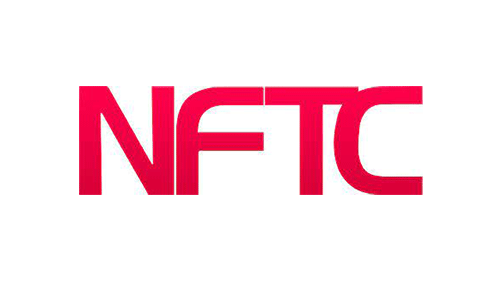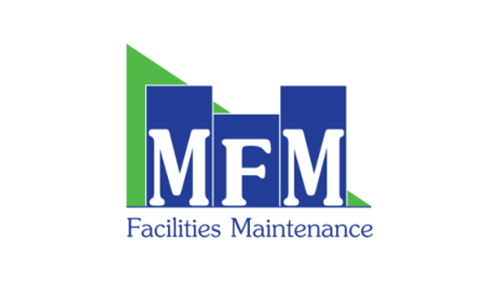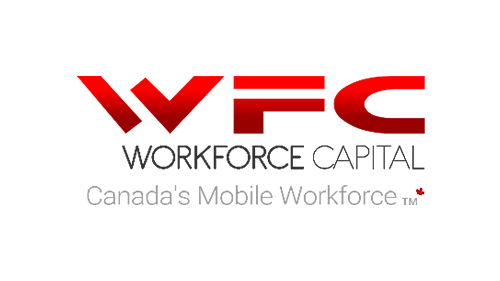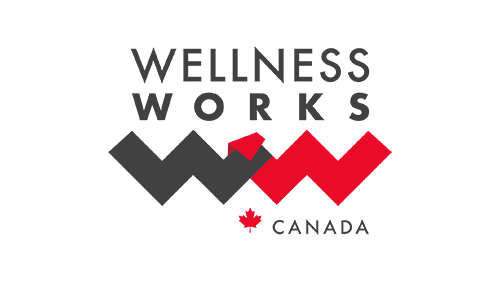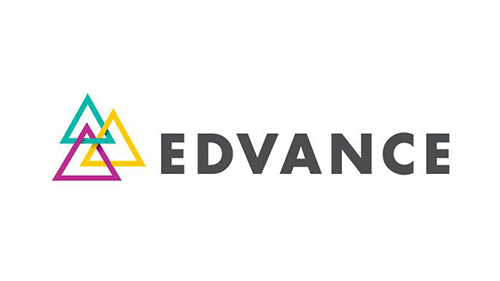B.C. budget should focus on delivering better public value on big projects
Dan Baxter, Regional Director, B.C.
As property taxes, mortgage payments and grocery bills keep going up, many will be looking for relief in this month’s B.C. budget. But relief doesn’t have to come in the form of another big spend, deeper debt budget. Instead, the province should be making public investments go further, by providing better value on big ticket items like infrastructure.
Across Canada, governments at every level face the same pressures: how to keep costs down for a growing number of people. B.C. is no exception. Massive population growth in this province has heightened demand for critical infrastructure, from new hospitals and schools to bridges.
This raises the question of how to pay for large scale public infrastructure projects, without putting a tighter squeeze on B.C. families, many of whom are already struggling with rising household costs.
The solution, is really straightforward: provide British Columbians with far better value on big public projects. Building more projects at a lower cost, is something you’d think elected officials would readily support. But not in B.C., where the provincial government refuses to do away with an arcane labour policy, even though it makes public construction a lot more expensive.
This labour deal was introduced in 2018, when B.C.’s NDP government granted the minority Building Trades Unions (BTUs) a monopoly on several large-scale public infrastructure projects. The arrangement prevents many highly qualified companies from bidding on these projects because their workers choose to belong to other unions or are not unionized. Since the BTUs represent only 15 percent of the province’s construction workforce, the vast majority of workers are shut out of key public projects.
Intentionally restricting competition does workers, companies and taxpayers a great disservice. It also goes against all sound financial principles. The end result, is fewer bids on projects. That in turn drives construction costs way up. And it’s happening over, and over again.
For example, construction of the new Cowichan District Hospital falls under the province’s labour agreement. This project has seen costs rise from original estimates of $887 million to $1.44. If a whopping $559 million dollar increase isn’t bad enough, Cowichan Tribes workers were initially barred from building the project on their own lands, because they do not belong to the government’s favoured unions.
Another project that falls under the government’s exclusionary labour deal, is the widening of a five kilometre stretch of the Trans-Canada Highway through Kicking Horse Canyon. Original cost estimates soared from $450 million to an even heftier $601 million.
It’s impossible for the B.C. government to defend such a costly and anti-competitive labour policy that only benefits select unions; not British Columbians, and certainly not the economy. The reality is that when it costs more to expand subways, or improve roads and bridges, fewer of these projects get built.
As the government gets ready to roll out further plans for big infrastructure projects in Budget 2024, it should be maximizing infrastructure investments by encouraging competition. This approach has no downside. It saves on construction costs, and opens up more opportunities for construction workers and qualified companies to bid and build these projects.
The upcoming budget should also reflect today’s fiscal reality. When so many B.C. families are having to cut back to afford basics, the province should be doing all it can to protect their interests. One way to do that, is by ensuring British Columbians get their money’s worth on every project built with their hard-earned tax dollars. Right now, they’re not.
This Op-ed appeared in the Victoria Times Colonist.

.tmb-cfthumb_fb.jpg?Culture=en&sfvrsn=a5165444_1)


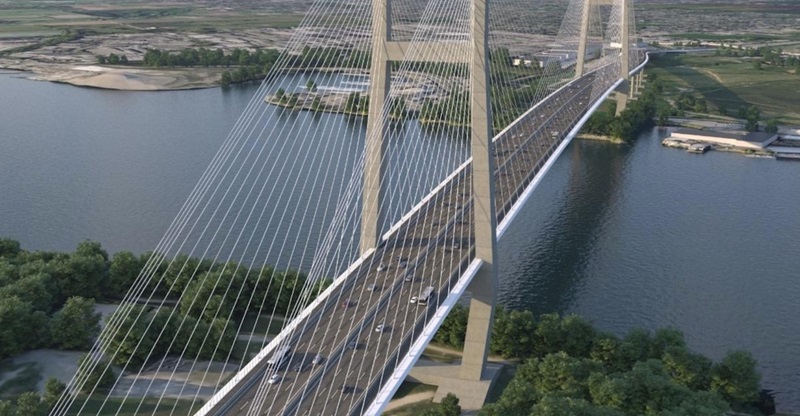


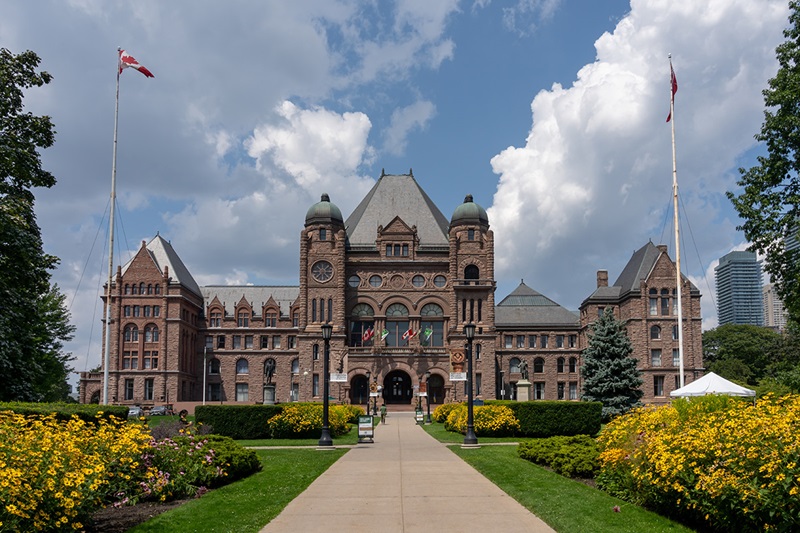
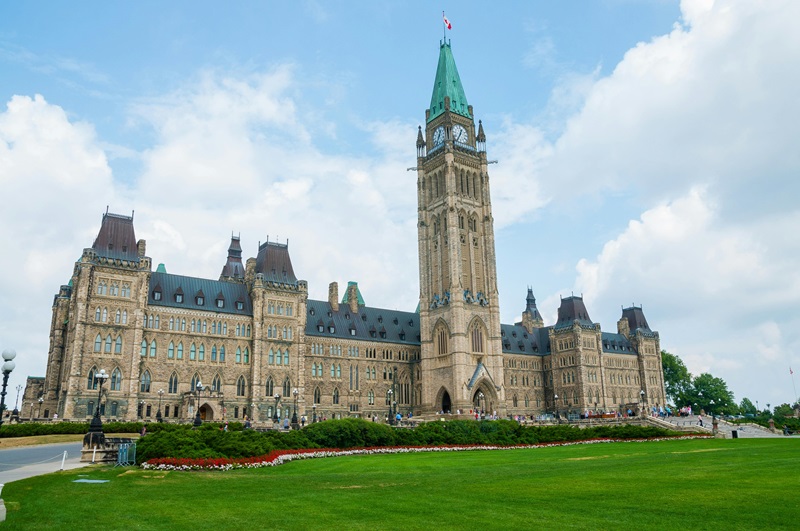


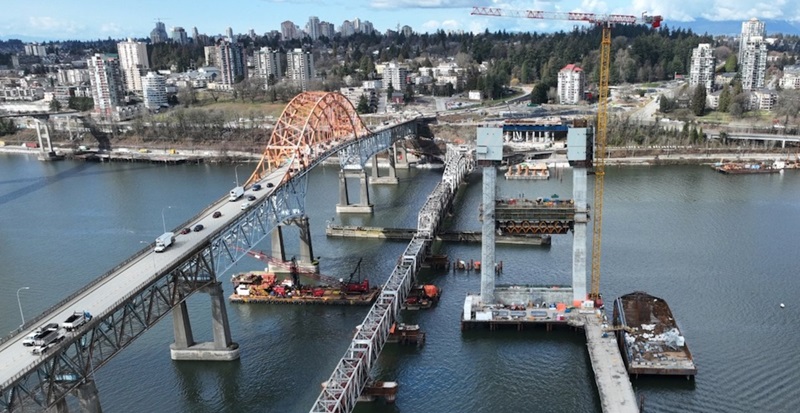







































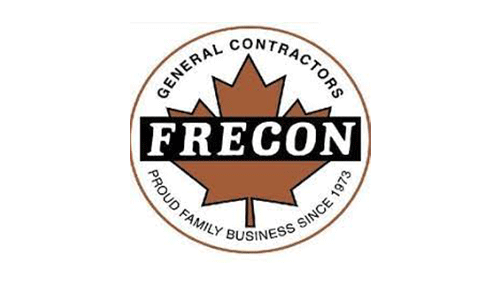








































.tmb-cfthumb_fb.png?Culture=en&sfvrsn=fcfb3f3b_1)






